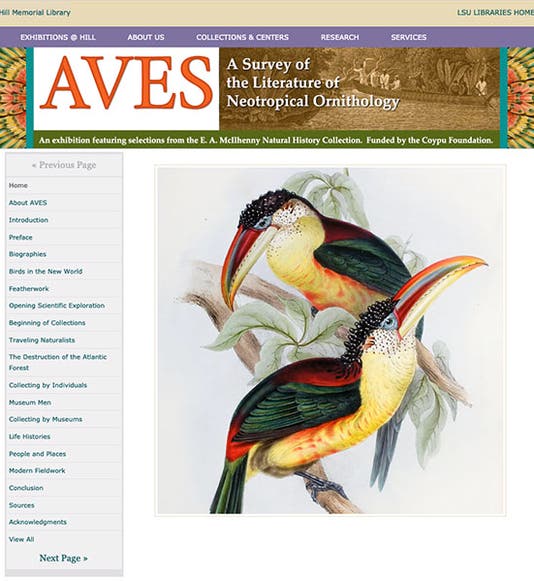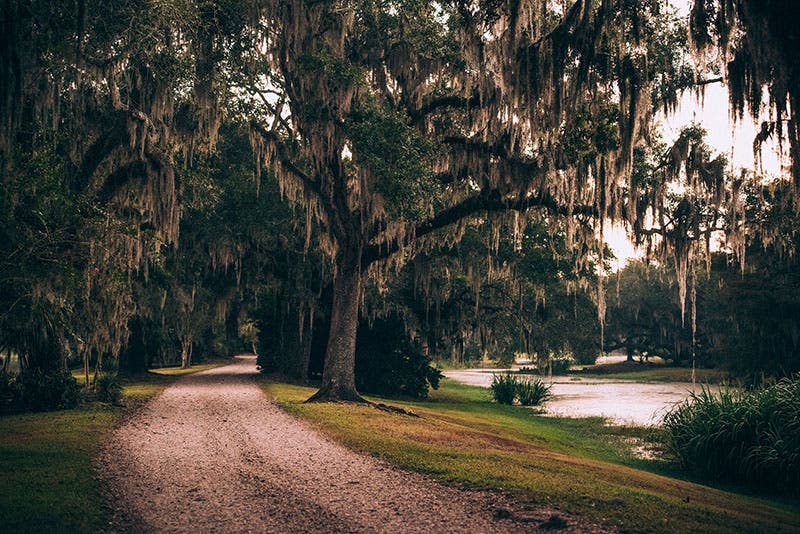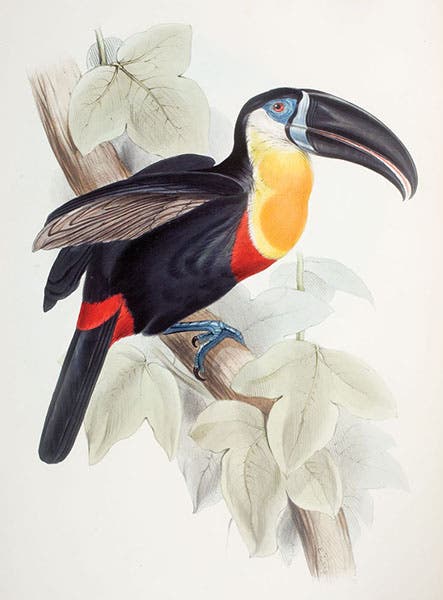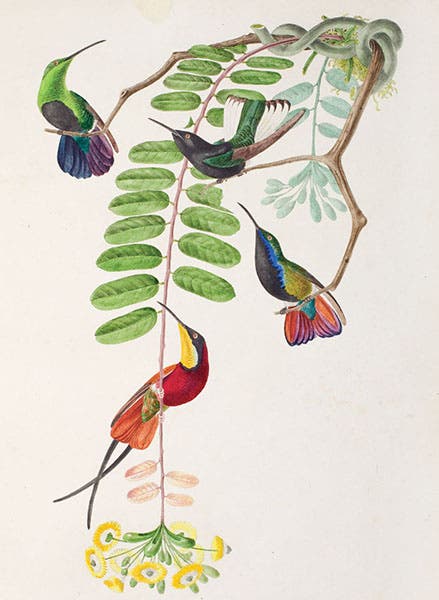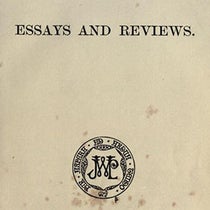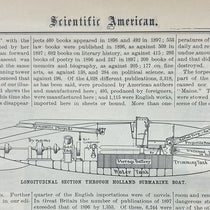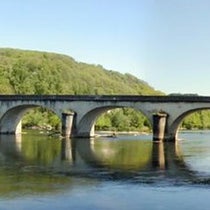Scientist of the Day - Edward McIlhenny
Edward Avery McIlhenny, a Louisiana businessman, conservationist, and book collector, was born Mar. 29, 1872. Ned, as he was known all his life, grew up with a love for birds and the outdoors and a longing to explore, and as soon as he had the chance, he set off in 1894 for the Arctic. When his ship sank off the coast of Greenland, he returned to the family home on Avery Island and prepared to take over the family business, which happened to be making Tabasco sauce, an enterprise that started on the island in 1868 and continues there today.
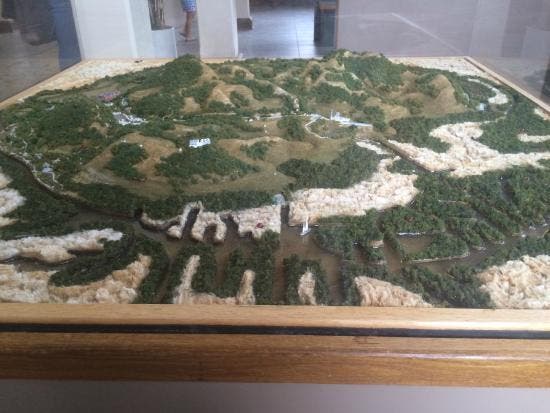
Model of Avery Island in the Tabasco Visitors Center (tripadvisor.com)
Avery Island is an odd kind of island, since it is a salt dome that sits inland from the Louisiana coast, surrounded by bayous and salt marshes and poking 160 feet above the level of the marsh. There is a model of the island in the Tabasco Visitor’s Center (second image). Avery Island was home in McIlhenny’s youth to a variety of wildfowl, especially snowy egrets, but he noticed in 1895 that the egret population was rapidly declining, the victim of the hat plume industry, for which egret feathers were highly prized. McIlhenny was instrumental in establishing thousands of acres of wildlife preserves along the coast of Louisiana, and he set up an additional preserve on Avery Island, called Bird City, in which egrets and other threatened birds were protected, and probably saved from, extinction (third image). He also set up a tropical garden, Flower Gardens, home to many imported exotic species, which continues to attract visitors. Visit Avery Island today, and you visit the Tabasco plant, Flower Gardens, and Bird City, usually in that order.
Ned McIlhenny was also a book collector, and that is the primary reason he gets a birthday notice today. He collected books about Neotropical birds, Neotropics being the name of the ecological zone that includes Central and South America. Neotropical birds, as everyone knows, are extremely colorful – think of macaws, toucans, and hummingbirds – and so books illustrating such birds, especially hand-colored books, are highly prized by collectors and virtually unobtainable today unless one has unlimited funds. But in the 1920s, competition for such books was not quite so stiff, and McIlhenny managed to acquire just about every book about Neotropical birds worth having. When he died, his collection passed to his nephew, and in 1971, the younger McIlhenny donated the entire collection to Louisiana State University (LSU), which established the E.A. McIlhenny Natural History Collection to house it.
In 2011, the LSU Library Special Collections mounted an exhibition, Aves: A Survey of the Literature of Neotropical Ornithology, curated by Tom Taylor, and available online; we see the home page above (first image). The physical exhibition must have been absolutely spectacular. The exhibition displayed such treasures as Alcide D’Orbigny’s Voyage dans l’Amérique méridionale (1835-47), a 9-volume wonder that we have long coveted, and John Gould’s two Neotropical masterpieces, A Monograph of the Ramphastidae, or Family of Toucans (1834; fourth image) and A Monograph of the Trochilidae, or Family of Hummingbirds (1849-61).
Another set that we would love to have in our library is the exceptionally scarce Oiseaux brillants du Brésil (1834) by Jean Descourtilz, and its two successor volumes, all three of which are in the McIlhenny collection. We reproduce here a plate of hummingbirds from the set in the LSU collection (fifth image). Most great collections like the McIlhenny Collection end up being dispersed on the auction block when the collector passes away and descendants opt for the cash. It is a wonderful thing when such collections can stay intact at a research library. Our many rare book dealer friends might have a different opinion on the matter.
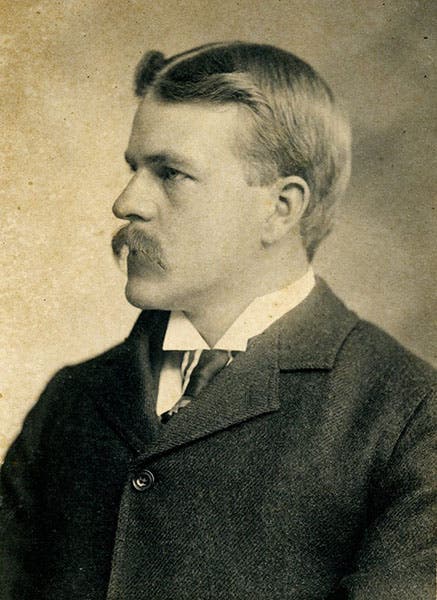
Edward Avery McIlhenny, photograph, ca 1905? (Avery Island Archives)
The photograph is undated and probably captures Ned McIlhenny about 1905, when he was concentrating on preserving the egret and before he began his ornithology collection. Dr. William B. Ashworth, Jr., Consultant for the History of Science, Linda Hall Library and Associate Professor, Department of History, University of Missouri-Kansas City. Comments or corrections are welcome; please direct to ashworthw@umkc.edu.

